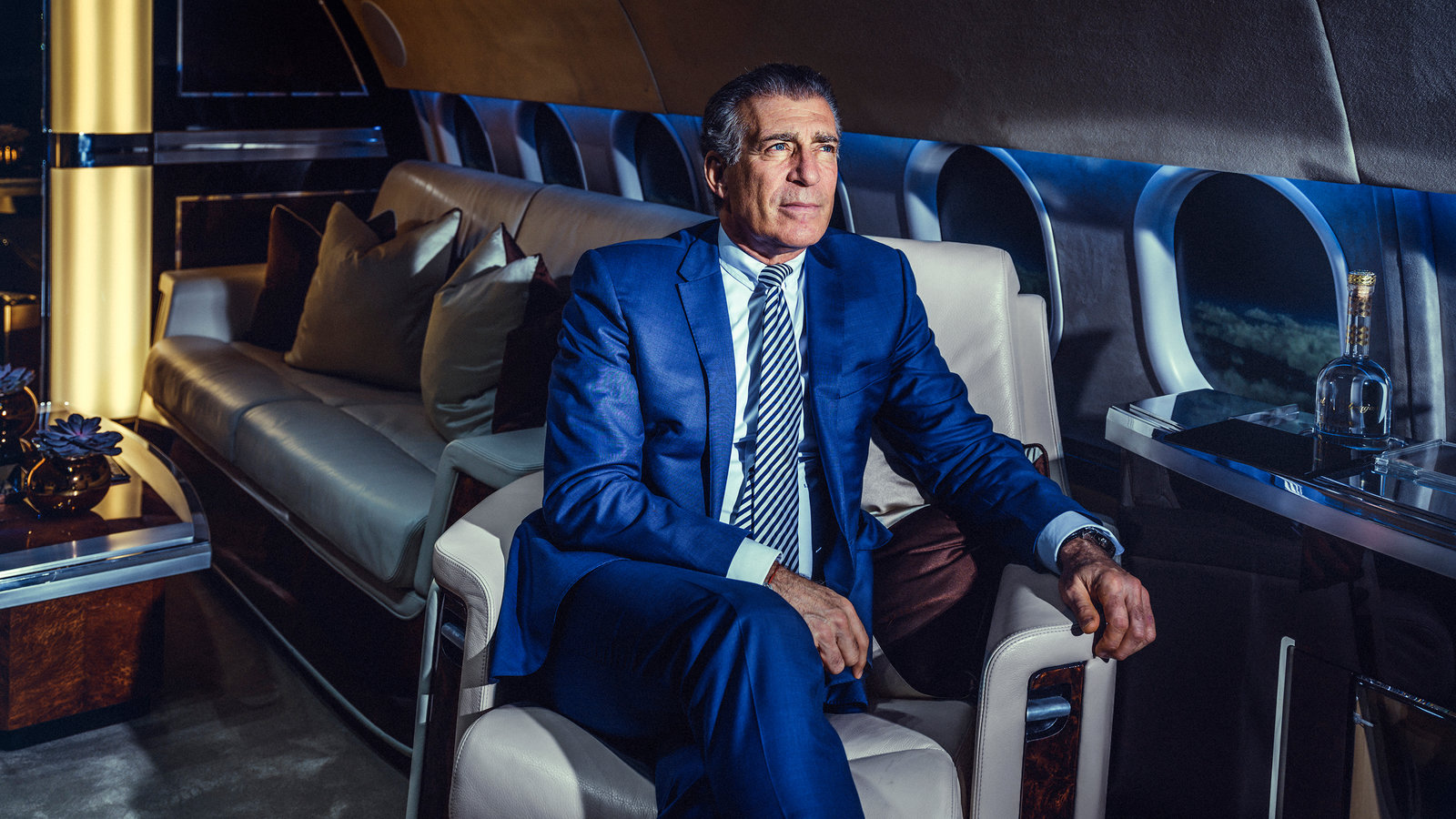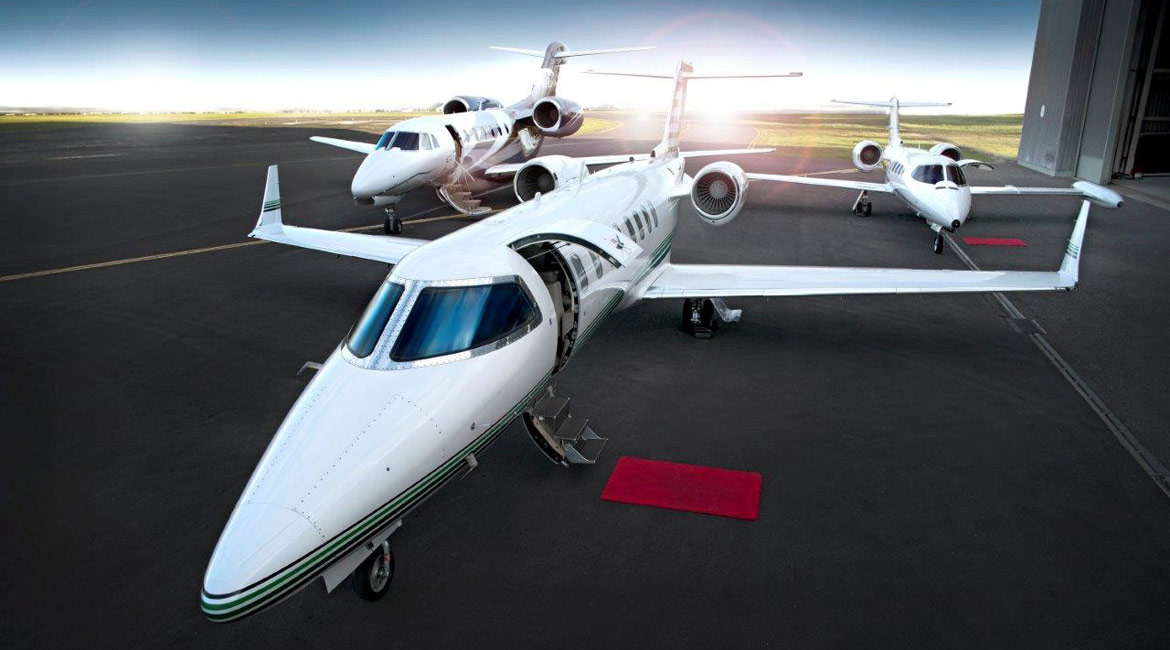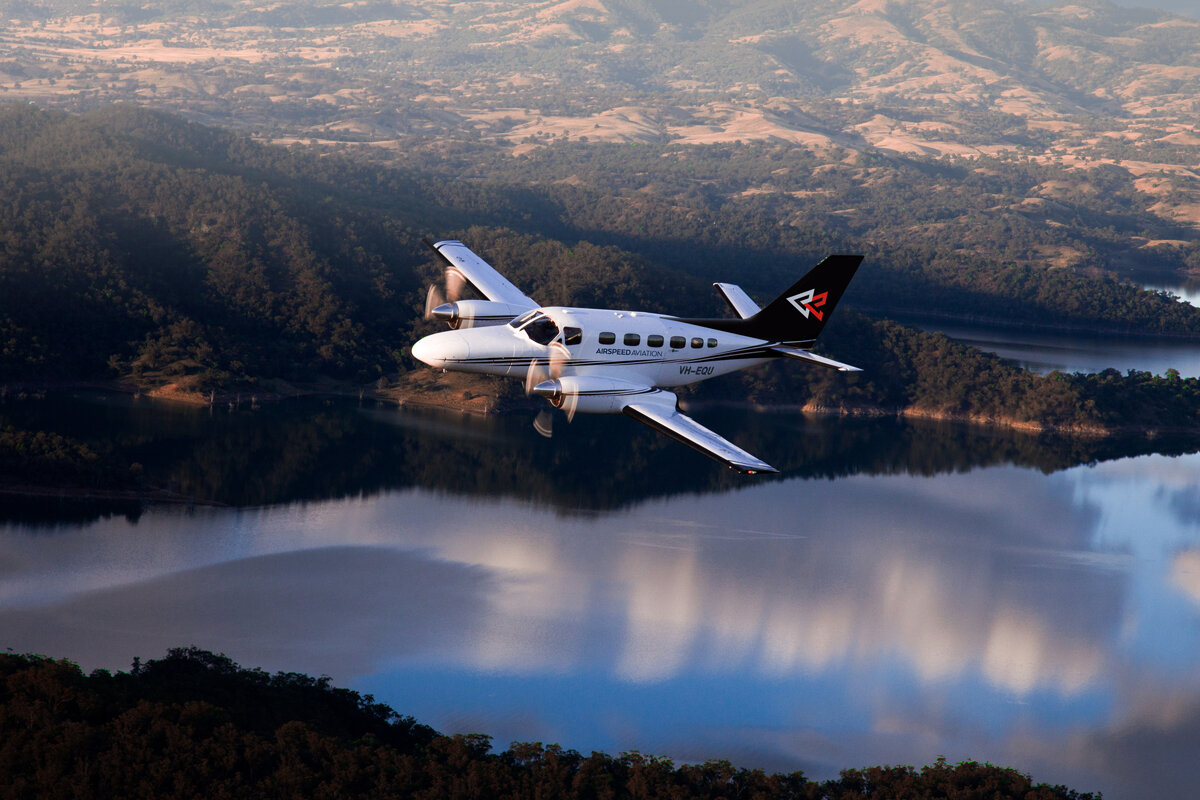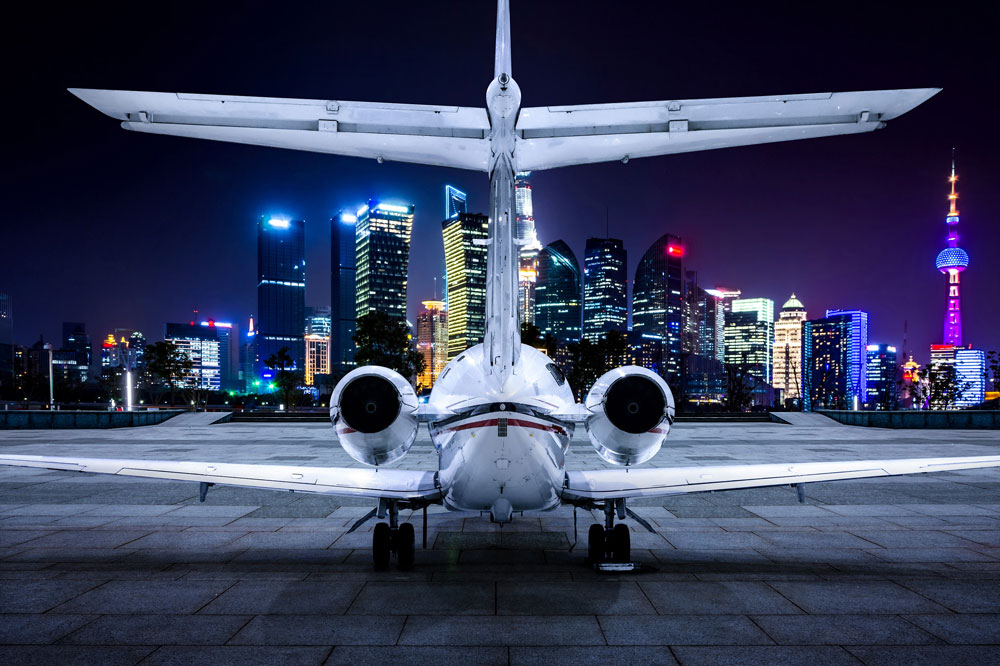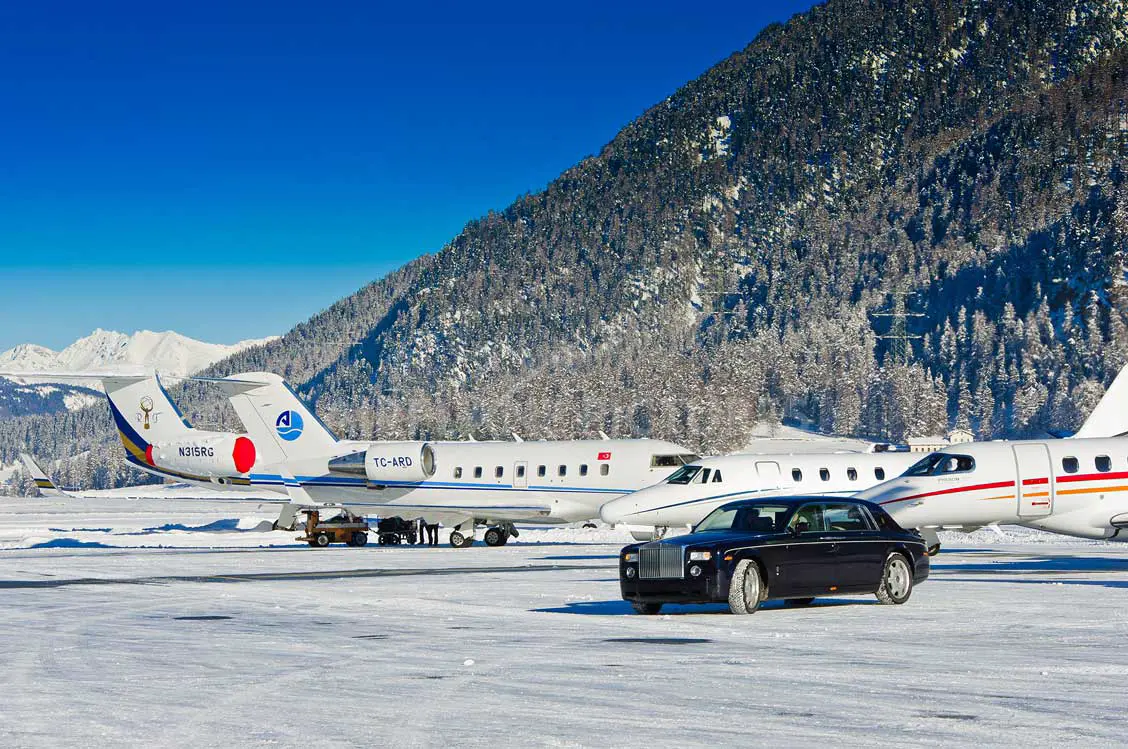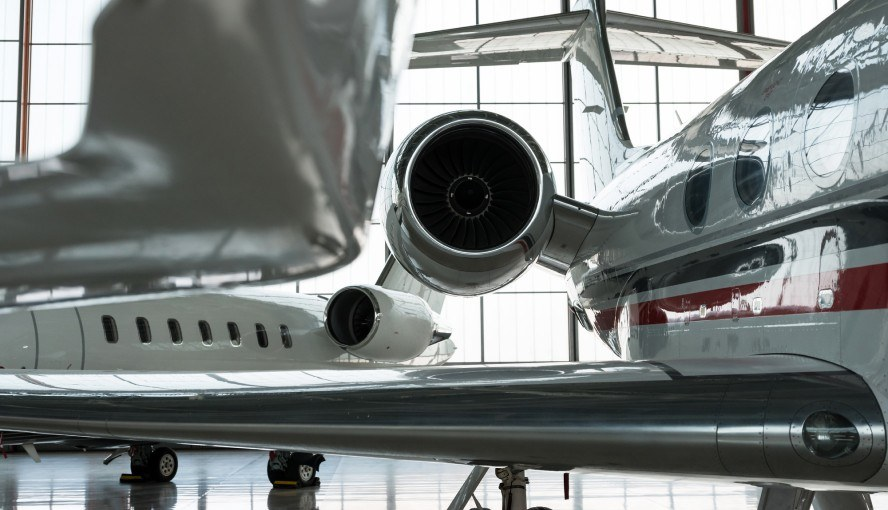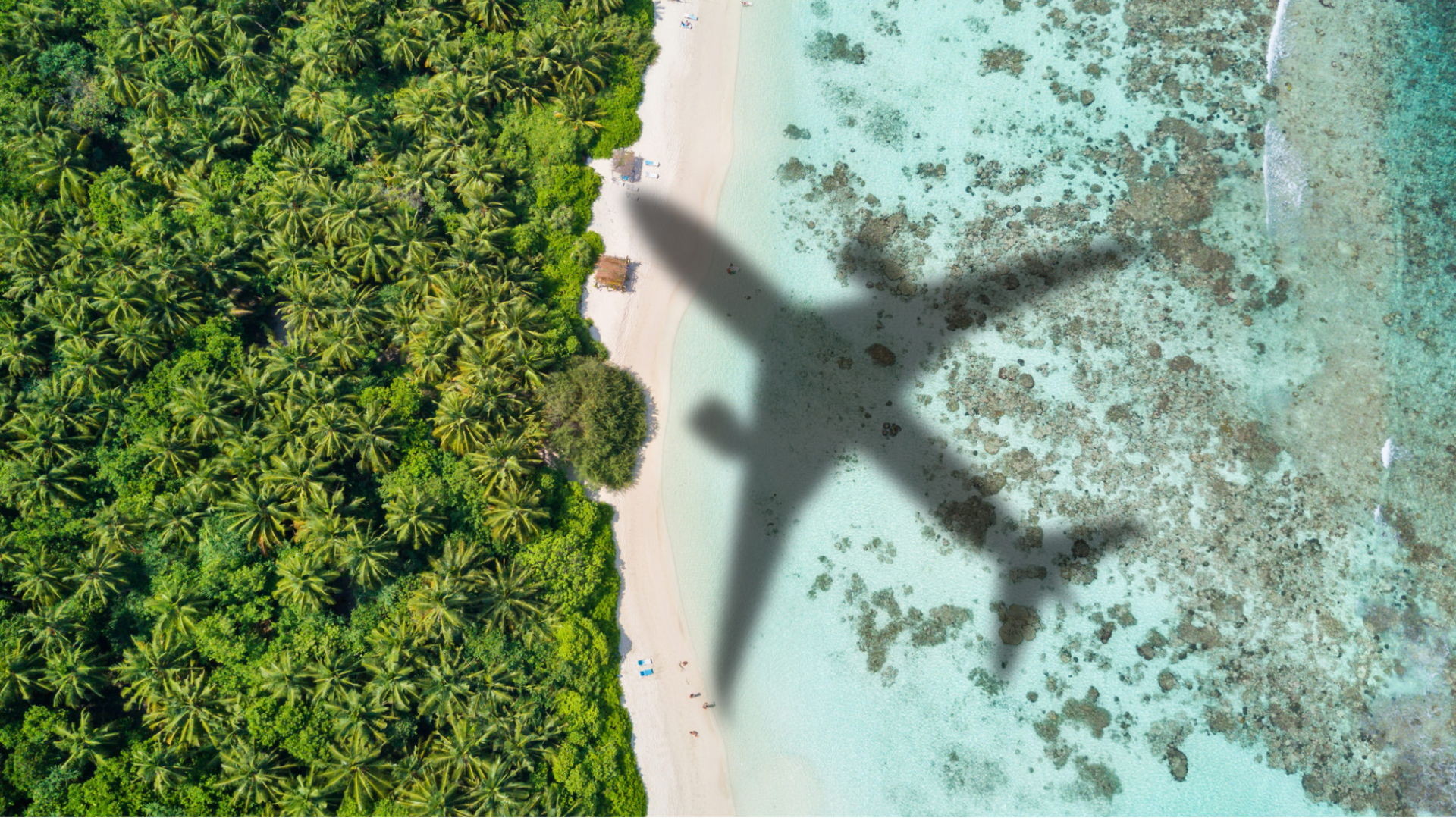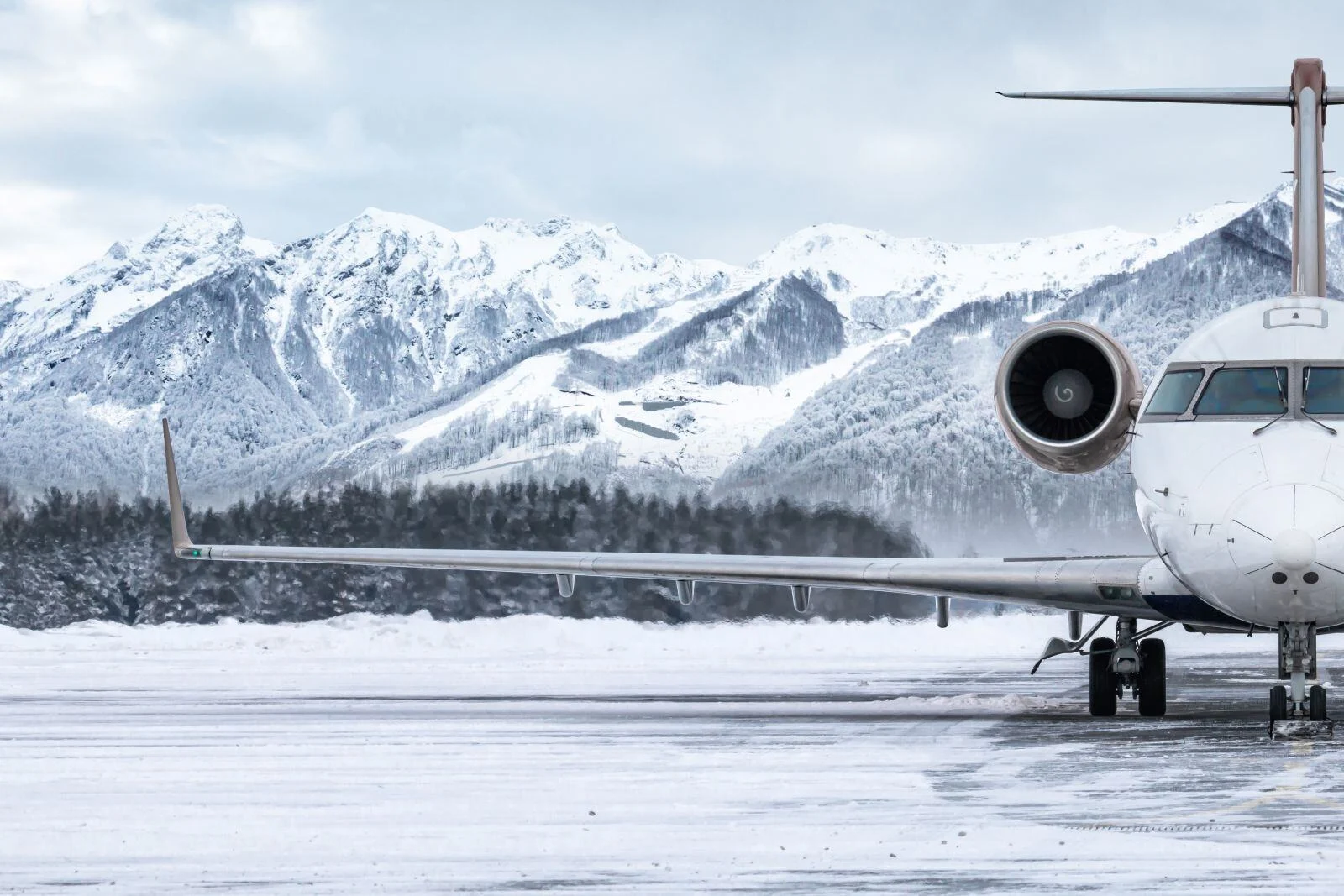Pilot Salary: A Comprehensive Guide to Pilot Pay & Compensation
Soaring above the clouds comes with a rewarding salary. This comprehensive guide unveils the intricacies of pilot pay and compensation, offering valuable insights for aspiring aviators, current pilots seeking career advancement, and anyone intrigued by the financial aspects of a pilot's career.
Demystifying the various factors influencing pilot salaries, we'll explore career pathways, training expenses, and the potential return on investment. Gain a clearer perspective on pilot compensation and chart your course towards a successful aviation career.
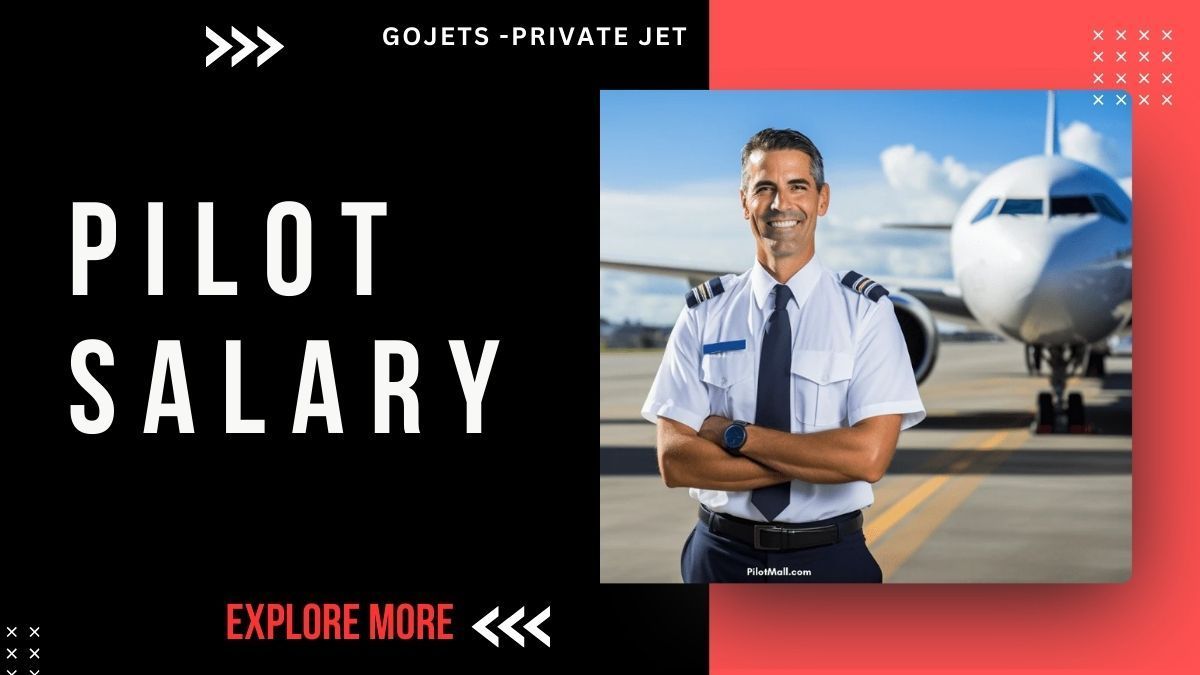
Understanding Pilot Salaries
Factors Influencing Pilot Salary
Pilot income, also known as pilot compensation or pilot wages, isn't a fixed figure. It's a complex equation influenced by several key factors. Experience, measured in flight hours, significantly impacts pilot earnings.
Entry-level pilots naturally earn less than seasoned captains. Type ratings, specific certifications for aircraft like the Airbus A320 or Boeing 787, also play a crucial role. Pilots with more type ratings have greater earning potential.
The airline itself matters, with major international airlines generally offering higher aviation salaries than regional carriers. Location influences pay due to cost of living and demand. Seniority within an airline also determines progression from First Officer to Captain, leading to higher pilot compensation.
Average Pilot Salary by Airline
Airline pilot pay varies significantly between carriers. Domestic airlines like Vietnam Airlines, Jetstar Pacific, and Vietjet Air offer competitive pilot salaries within the region. However, international airlines like Qantas and Singapore Airlines often provide higher average pilot salaries, reflecting the demands of global routes.
Entry-level positions at any airline typically have lower starting salaries compared to experienced pilots. Up-to-date salary data from reputable sources demonstrates these differences, providing a realistic view of earning potential.
Pilot Salary by Aircraft Type
The type of aircraft a pilot flies directly correlates with their salary. Type ratings for specific Airbus or Boeing aircraft are essential. Captains and First Officers on wide-body aircraft like the Airbus A380 or Boeing 787 typically command higher salaries than those on narrow-body aircraft like the Airbus A320 or Boeing 737.
Regional jets generally offer lower pilot compensation. Beyond base salary, pilot benefits, including health insurance, retirement plans, and travel perks, contribute significantly to overall compensation. This reinforces the value of specialized type ratings and career progression.
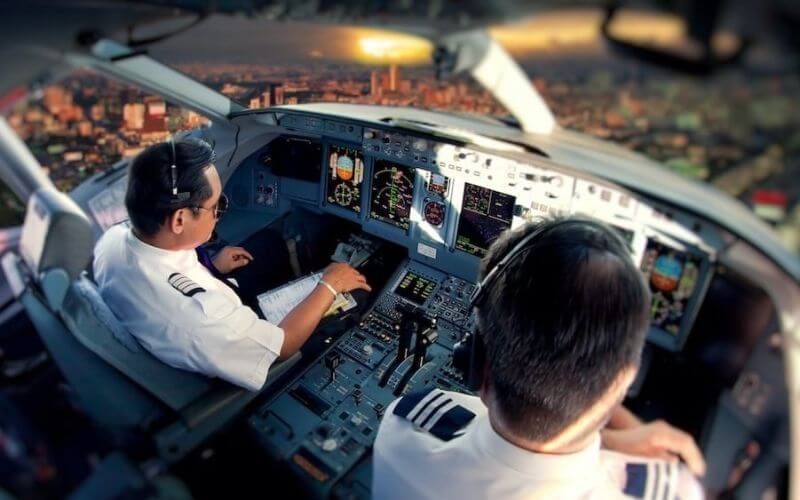
Pilot Career Path and Progression
From Flight School to the Cockpit
The journey to becoming a pilot involves a structured path. Aspiring pilots begin with flight training at a certified flight school or aviation academy, like CAAV, to obtain a Private Pilot License (PPL).
This is followed by acquiring a Commercial Pilot License (CPL) and, ultimately, an Airline Transport Pilot License (ATPL). Each stage requires accumulating specific flight hours and demonstrating proficiency. Gaining type ratings for particular aircraft, such as Airbus or Boeing models, is essential for airline employment.
Pilot training costs vary depending on the chosen program and flight school, but financing options are often available. Building the necessary education, skills, and experience is a crucial investment.
Advancing Your Pilot Career
Pilot career progression typically begins as a First Officer, accumulating experience and flight hours. With time and demonstrated skill, pilots can advance to the coveted role of Captain. Further career opportunities include specializing as a training captain, check airman, or pursuing management roles within the airline or the broader aviation industry.
The pilot job market, while competitive, offers strong prospects for qualified individuals. Understanding the career trajectory and potential for advancement empowers aspiring pilots to make informed decisions about their future in aviation.
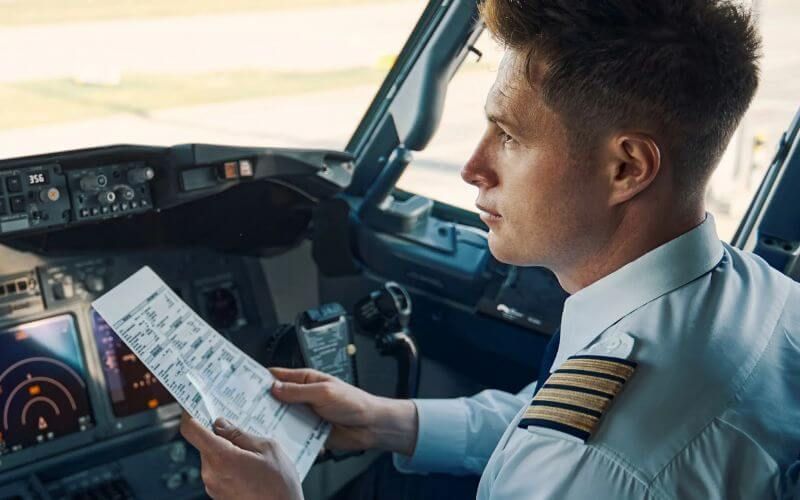
Training and Requirements to Become a Pilot
Educational Requirements
While a bachelor's degree isn't always mandatory for becoming a pilot, it can be advantageous, particularly a degree in aviation or a related field. Aviation authorities set specific educational requirements for different pilot licenses.
Some airlines may prefer candidates with degrees, while others accept alternative qualifications combined with the necessary flight training and licenses. Aspiring pilots should research specific flight school requirements and airline preferences to determine the most suitable educational path.
Flight Training and Licensing
Becoming a licensed pilot involves rigorous training. The process begins with obtaining a medical certificate, specifically a Class 1 medical, certifying physical fitness for flight duties. Aspiring pilots must then complete ground school, covering aviation theory and regulations. This is followed by accumulating flight hours with a certified flight instructor, mastering practical flying skills.
Written and practical exams are required to obtain pilot licenses, progressing from a Private Pilot License (PPL) to a Commercial Pilot License (CPL) and ultimately an Airline Transport Pilot License (ATPL). Type ratings for specific aircraft are essential for airline careers and are typically obtained after initial licensing. Aviation authorities, such as the Civil Aviation Authority of Vietnam and the International Air Transport Association (IATA), oversee these standards.
Medical and Physical Requirements
Pilots must meet strict medical and physical standards. A Class 1 medical certificate is paramount, requiring thorough assessments of vision, hearing, and overall health.
Maintaining physical fitness throughout a pilot's career is crucial for meeting these demanding requirements. Regular medical checkups ensure pilots remain fit to operate aircraft safely, adhering to the stringent standards set by aviation authorities. This emphasizes the ongoing commitment to health and well-being in this demanding profession.
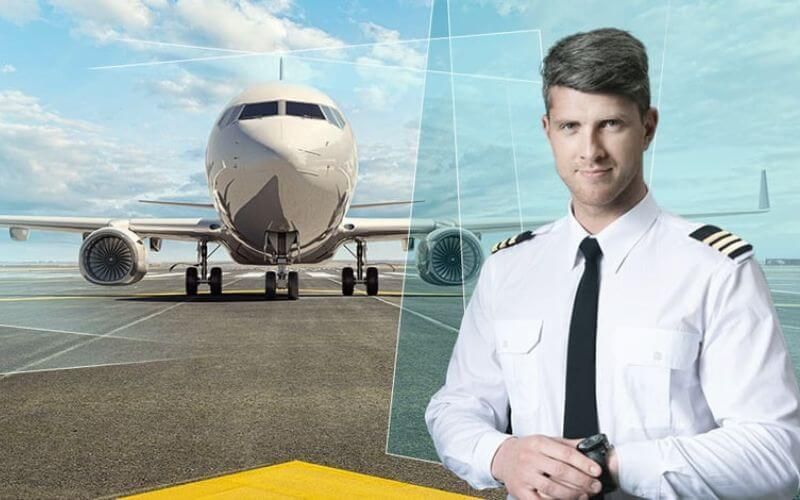
FAQs about Pilot Salaries
What is the highest paid pilot job?
The highest-paying pilot jobs typically belong to Captains of wide-body aircraft at major international airlines. Factors like seniority, experience, type ratings, and the airline itself contribute to these high salaries. Captains on aircraft like the Airbus A380 or Boeing 787 can earn substantial incomes, often reaching the upper range of pilot compensation scales.
How long does it take to become an airline pilot?
The timeline to become an airline pilot varies. Flight training duration, accumulating required flight hours, and the job market all play a role. While some pilots achieve their goal within a few years, others may take longer. A realistic estimate considers these factors and individual circumstances.
What are the benefits of being a pilot?
Beyond salary, pilots enjoy various benefits. Travel perks, allowing discounted or free flights for themselves and family members, are a significant advantage. Airlines often provide comprehensive health insurance, retirement plans, and other benefits packages. The unique experience of flying and the opportunity to see the world add non-monetary rewards to a pilot's career.
Is it difficult to become a pilot?
Becoming a pilot presents challenges. The training is demanding, requiring dedication and commitment. Rigorous medical standards must be met and maintained. The job market can be competitive, especially for desirable airline positions. However, the rewards of a pilot career, both personally and professionally, often outweigh the difficulties.
What is the job outlook for pilots?
The job outlook for pilots is generally positive. Industry growth, pilot retirements, and global travel trends contribute to a steady demand for qualified pilots. While the market can fluctuate, the long-term prospects for aspiring pilots remain promising, particularly for those with the necessary skills, experience, and qualifications.
Gojets - Providing Services for Aspiring Pilots and Aviation Professionals
GoJets is dedicated to supporting aspiring pilots and aviation professionals throughout their journey. Whether you're taking your first steps towards a Private Pilot License or seeking to advance your career as an experienced pilot, GoJets offers a range of services to help you achieve your goals.
We provide expert guidance on aircraft sales, featuring a selection of aircraft suitable for private pilot training and personal use, including Cessna and Cirrus models. Our team offers valuable resources and connections to reputable flight schools, streamlining your path to becoming a pilot. We can also advise on fractional ownership programs, offering a cost-effective way to access aircraft.
At GoJets, we understand the aviation landscape and are committed to helping you navigate it successfully. Contact us today at:
- Phone number: 0401036356
- Website:
https://gojets.com.au/
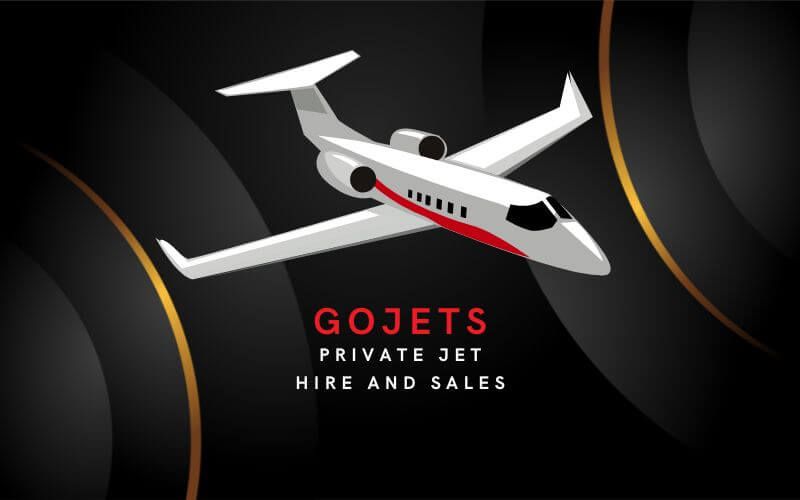
A pilot's career, while demanding, offers significant rewards, both personally and financially. Pilot salary is influenced by a combination of factors, including experience, type ratings, airline, and location.
Career progression from First Officer to Captain and beyond opens doors to increased earning potential and specialized roles. Aspiring pilots must navigate rigorous flight training and meet stringent medical requirements to achieve their aviation dreams. The pilot job market, driven by industry growth and global travel, presents promising career prospects.
GoJets stands ready to support aspiring and current pilots with aircraft sales guidance, training resources, and fractional ownership programs. Take the next step towards your aviation goals. Explore our website or contact our team at GoJets today for personalized assistance and expert advice.

